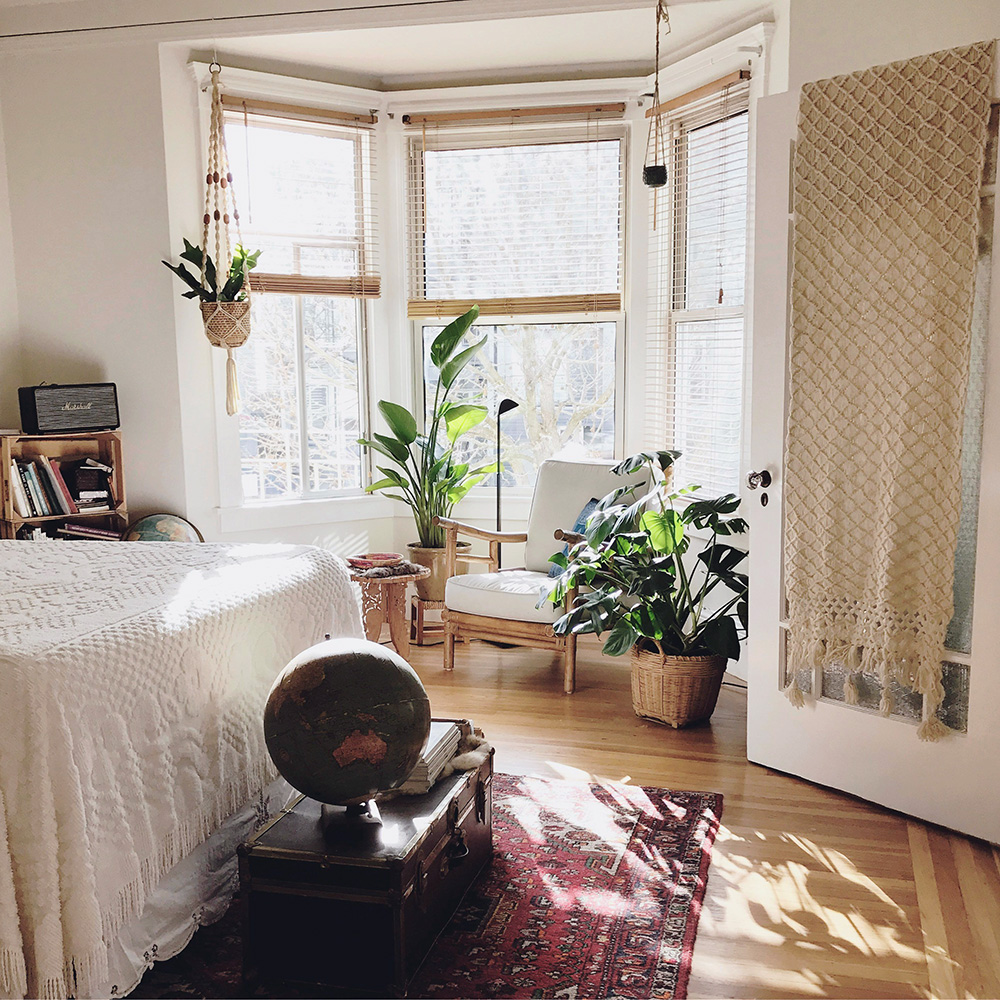Navigating the real estate market can be daunting, especially for seniors seeking to downsize or transition into more accessible and convenient living arrangements. With many options available, it’s crucial to understand the various housing types, their benefits, and key considerations. This guide helps people find smaller homes in various settings, focusing on location, amenities, and accessibility for retirement communities.
Embrace the Benefits of Smaller Homes
Discover the Advantages of Smaller Homes
Smaller homes are a fantastic choice for seniors desiring to downsize while maintaining a sense of independence. These homes typically boast lower maintenance costs and reduced utility bills, offering financial relief. Moreover, they can be tailored to specific accessibility needs, such as single-story layouts or wheelchair-friendly designs, enhancing ease of living.
Key Considerations for Smaller Homes
Location: Proximity to family, healthcare facilities, and essential services is paramount. Choosing a safe, senior-friendly neighborhood can significantly enhance quality of life. Maintenance: While smaller homes require less upkeep, consider ongoing maintenance needs and whether external help will be necessary.
Community: Being part of a community provides vital social interaction opportunities, promoting mental well-being.
Explore the Convenience of Apartments
The Charm of Apartments
Senior apartments are specifically designed to cater to older adults’ needs. They often include services such as housekeeping, meal plans, and transportation. Providing a secure environment with staff available for emergencies, apartments are suitable for seniors requiring some level of support.
Key Considerations for Apartments
Lease Terms: Ensure lease terms offer flexibility to accommodate changing needs.
Services Offered: Assess the range of services provided and their relevance to your lifestyle and requirements.
Community Environment: A supportive community environment can enhance the living experience, so consider available social activities and engagement opportunities.
Discover the Comprehensive Care of Retirement Communities
The Benefits of Retirement Communities
Retirement communities offer a holistic living solution for seniors, providing various housing options from independent living to assisted living and memory care. Equipped with extensive amenities, including healthcare services, recreational activities, and dining options, they ensure a high quality of life.
Key Considerations for Retirement Communities
Type of Community: Choose the type of retirement community that best suits your needs, whether independent living, assisted living, or a continuing care retirement community (CCRC).
Healthcare Services: On-site healthcare services offer peace of mind and convenience. Cost: Understand the fee structure, including entry fees, monthly charges, and additional costs for extra services.
Essential Considerations for All Housing Options
Accessibility: Make sure the property has wide doors, no steps at the entrance, bathrooms with grab bars, and good lighting.
Location: Proximity to family, healthcare facilities, shopping centers, and recreational activities is crucial.
Amenities: Evaluate the relevance of amenities such as fitness centers, swimming pools, social and recreational programs, transportation services, and dining options.
Budget: Understand the total cost, including purchase price or rental fees, maintenance, HOA fees, and additional service costs.
Personal Preferences: Consider your lifestyle, social needs, and desired level of independence.
Crafting Your Ideal Living Experience
Selecting the right housing for seniors involves careful consideration of factors such as location, amenities, accessibility, and budget. Choose a smaller home, condo, apartment, or retirement community that improves your quality of life and meets your needs. Learn about the pros and cons of each choice to make a smart decision for a happy and comfortable living situation.
Start this exciting journey with confidence, knowing you can find the perfect retirement home.
Conclusion
Downsizing is a strategic move that can significantly enhance your estate planning efforts. By simplifying your living situation, freeing up capital, and preparing for future care needs, downsizing can provide peace of mind and financial security. Whether you are a homebuyer, senior, or real estate investor, understanding the benefits and considerations of downsizing in the context of estate planning can help you make informed decisions and achieve your goals. By taking a proactive approach and carefully planning your downsizing journey, you can ensure a smoother transition, equitable asset distribution, and a comfortable future.








